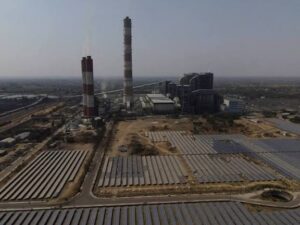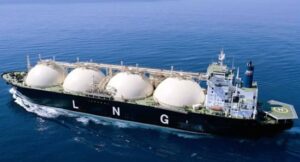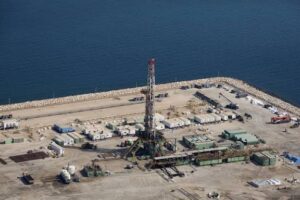The Organization of the Petroleum Exporting Countries (OPEC) increased crude oil production by 263,000 barrels per day (bpd) in July, bringing the group’s total output to 27.54 million bpd. Nigeria contributed significantly to the growth, raising its average daily production to 1.507 million bpd and surpassing its OPEC target for the second month in a row.
According to OPEC’s July Monthly Oil Market Report, Nigeria maintained its lead as Africa’s largest oil producer, ahead of Algeria, which produced 937,000 bpd. The report drew data from both direct communications with member states and independent energy monitoring sources.
Saudi Arabia, OPEC’s top supplier, delivered the largest increase in July, adding 170,000 bpd to reach 9.53 million bpd. Iraq, on the other hand, recorded the sharpest decline, with output falling by 51,000 bpd to 3.9 million bpd.
Combined with contributions from non-OPEC producers, total OPEC+ supply rose by 335,000 bpd, hitting 41.94 million bpd.
On the demand side, OPEC left its 2025 forecast unchanged, projecting global oil consumption to climb by 1.3 million bpd year-on-year to 105.14 million bpd. Emerging markets outside the OECD are expected to drive most of this growth, with demand rising by 1.15 million bpd, while OECD nations are forecast to see only modest gains of around 140,000 bpd.
For 2026, demand growth is expected to slow, with non-OECD countries adding 1.23 million bpd and OECD economies contributing just 15,000 bpd. The report also warned that global oil inventories could shrink by nearly 1.2 million barrels per day next year if the cartel and its allies do not bring more capacity back online.
With its July performance, Nigeria continues to reinforce its status as a key player in Africa’s energy market, signaling a stronger recovery in its oil sector after years of production challenges.









